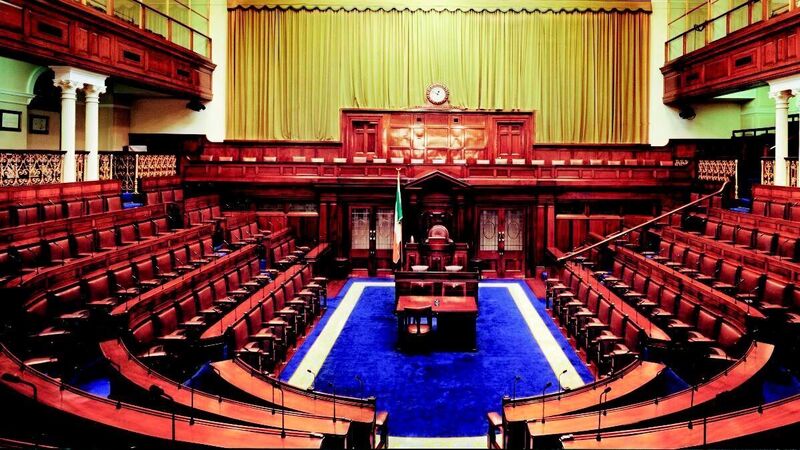Daniel McConnell: Move to 'nobble' committees proves to be highly contentious

Independent of Government, committees can be a most important vehicle in holding the powerful to account, especially in accounting for how public money is spent and misspent
Last year’s Supreme Court judgment that the 2014 Public Accounts Committee acted unlawfully in its treatment of ex-Rehab boss Angela Kerins has had significant ramifications in how the Oireachtas is run.
This week, the committee chairs were briefed by the Oireachtas legal advisers as to the proposed remedies as to ensure committees don’t repeat the damage done to Ms Kerins during that infamous seven-and-a-half-hour hearing of the PAC in 2014.













